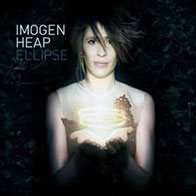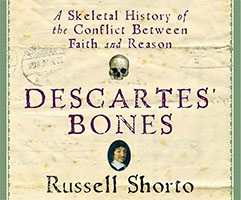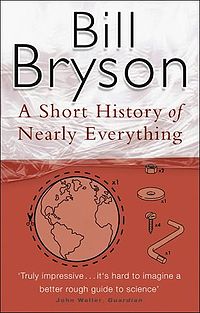 I’ve been a fan of Imogen Heap for several years. Her latest album Ellipse has one of my all time favorite songs—Earth. It describes how a frustrated [Mother] Earth deals with her rambunctious offspring, homo sapiens.
I’ve been a fan of Imogen Heap for several years. Her latest album Ellipse has one of my all time favorite songs—Earth. It describes how a frustrated [Mother] Earth deals with her rambunctious offspring, homo sapiens.
These Legoland empires choking out mine/Now you’re everywhere, everywhere multiplying around me child/A strain on my heart/This rock can’t tolerate anymore// [Chorus] Stop this right away/Put that down and clean this mess up/End of conversation/Put your back in it and make it up to me now… [lyrics]
Earth is a polyrhythmic, polyphonic, a cappella masterpiece. [listen (2)] This is what she does best, building up complex aural worlds using little more than her own voice (and a little help from her computer!).
Her breakthrough hit may have been 2005’s Hide and Seek [listen], which features her processed voice with minimal accompaniment. It was covered beautifully [listen] by the UCLA Awaken A Capella group.

 This entertaining little book sheds light on many subjects. First, it is a concise biography of the life and ideas of
This entertaining little book sheds light on many subjects. First, it is a concise biography of the life and ideas of 